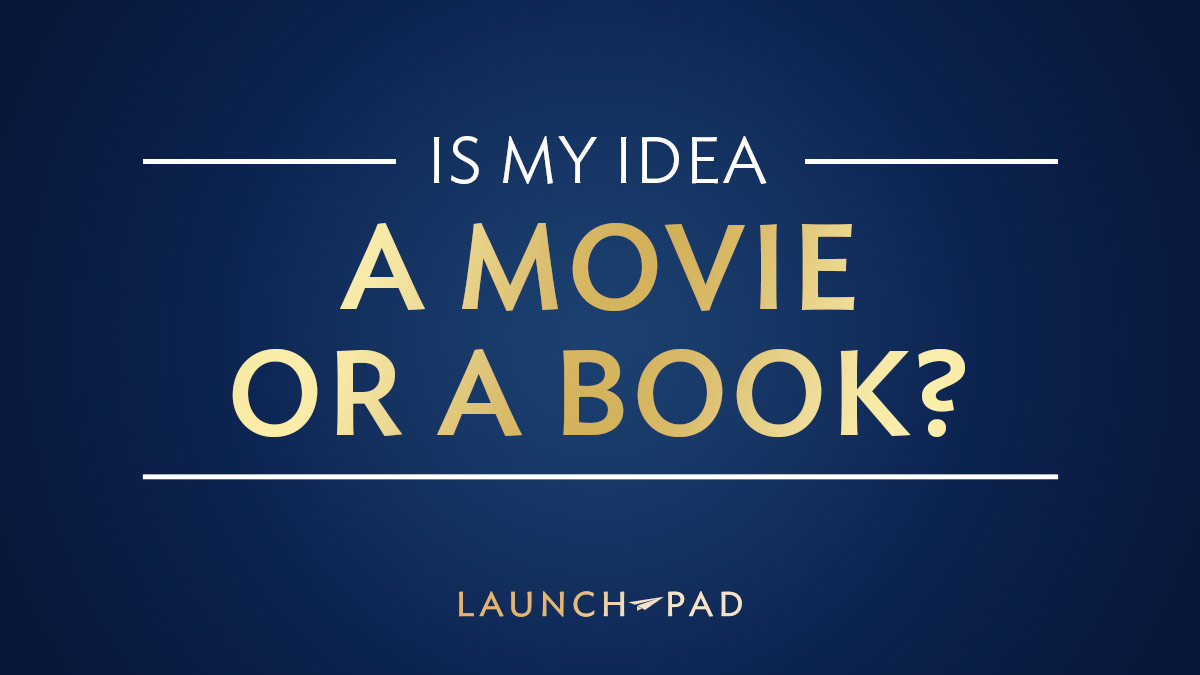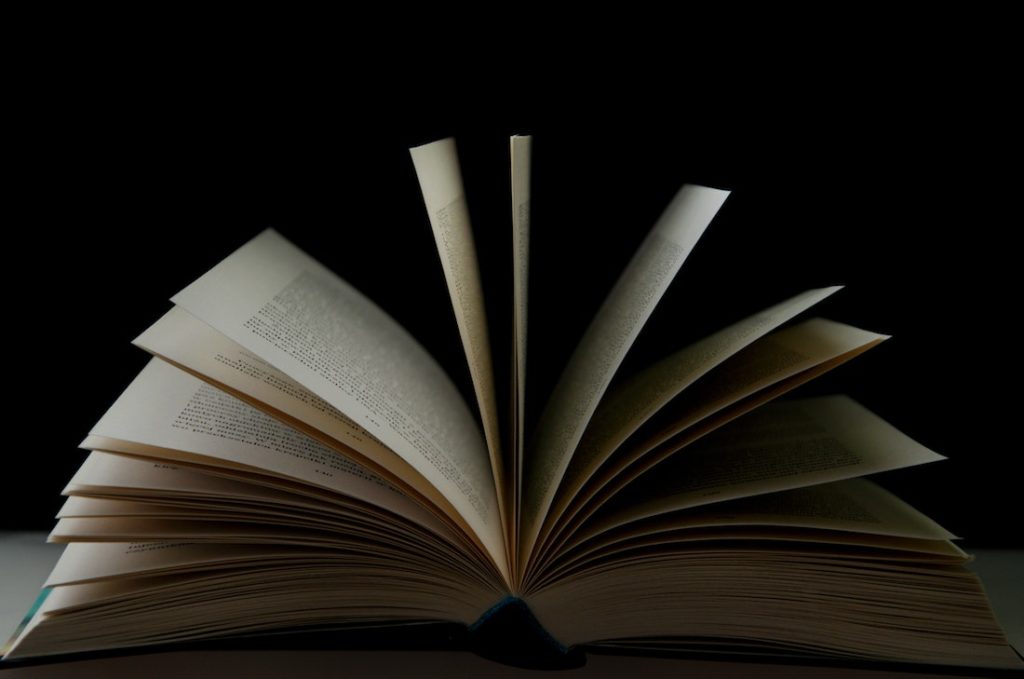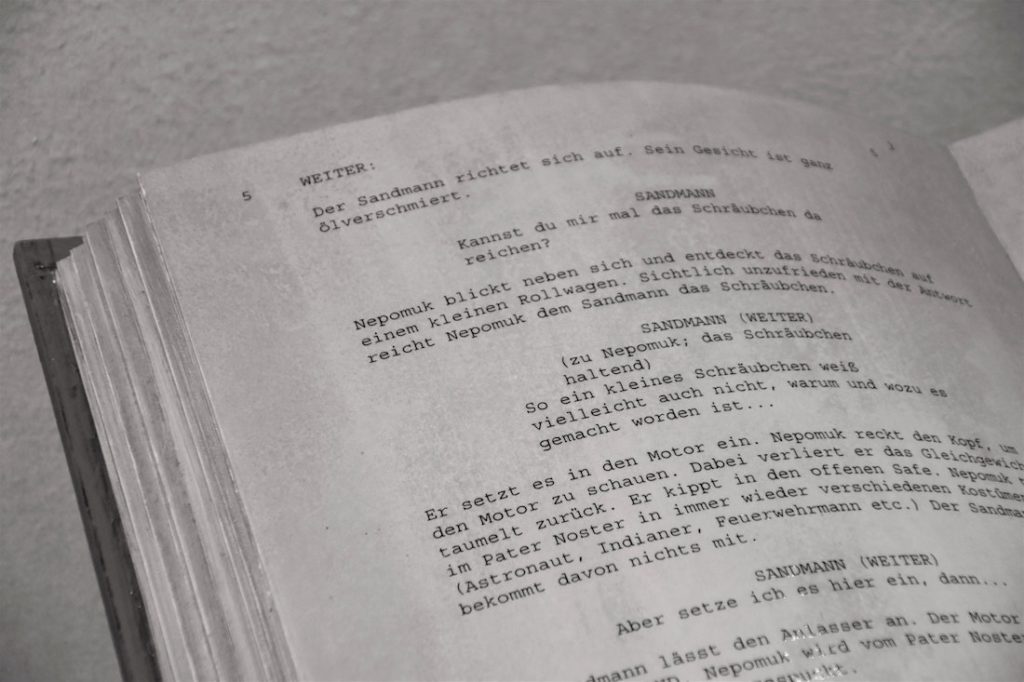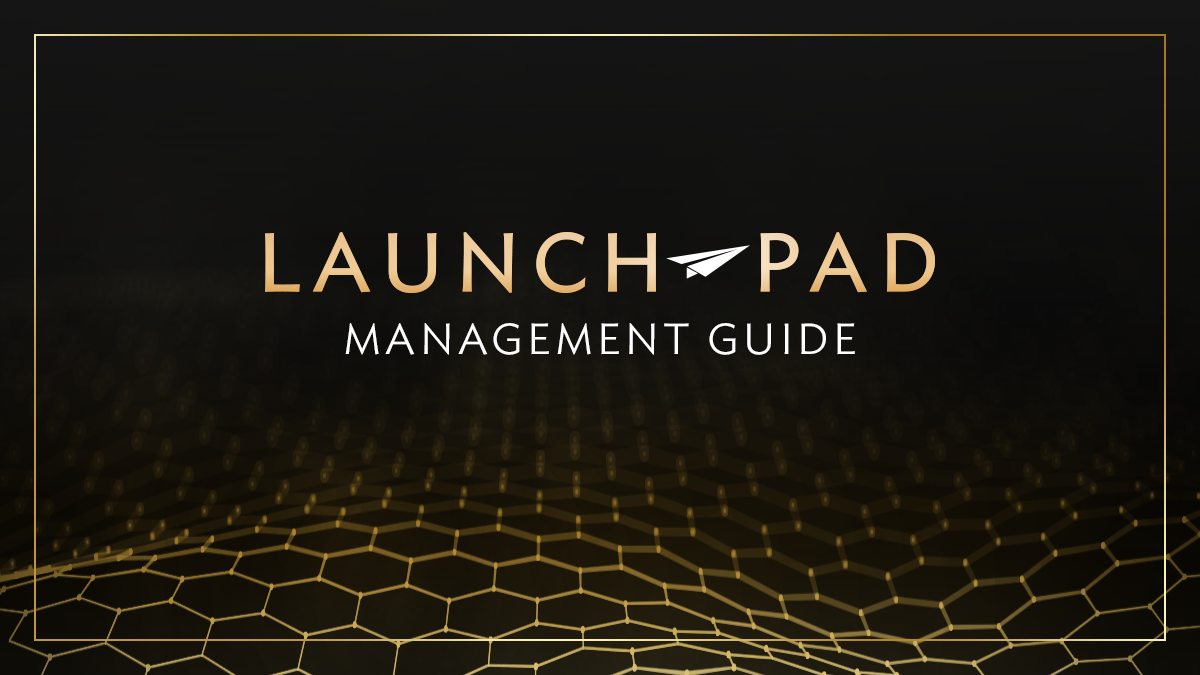
You have the next brilliant idea for a story, but is it gripping enough for a movie? Or is it too big and needs the space of a book to fully explore the journey?
Choosing the format for a story can be daunting, whether it’s a movie, book, short story, television series, or even just a sketch. That’s why it’s important to know the different benefits and challenges of each format, as well as the qualities of a story that could make it a good fit for one over another.
So, let’s explore some things you can do while developing your story that will help you determine whether it’s a book, movie, or something else altogether.
But before we jump into that, let’s go over the defining qualities and differences between movies and books.
Read More: Is Your Prose Project Actually Prose?
Movies vs. Books: Defining Qualities
Story Structure
While history has shown time and time again that there’s a similar three-act structure that the majority of stories follow, the format allows writers different elements with which to expand and play.
While some creatives may play with the structure more than others, movie-goers have come to expect a strong, three-act structure.
Visuals
Where movies very much play with the medium is the visuals. The more active and visual a story, the more likely it’ll work on the big screen.
By contrast, books give writers room to be creative with internal, emotional journeys. This is in part due to a novelists freedom to write inner dialogue, which tends to stall a story as a voiceover in a movie.
Budget
Books also aren’t hampered by a budget, so you can do big world creation, like you see in fantasy and science fiction, that films sometimes don’t have the space, time, money, or technology to create.
A quick side note…lots of books are written with the energy and pace of a film or film series, so if you’re looking to make a name for yourself without the stress of financing a film, it may benefit you to write your story as a book you can sell.
Key Things to Look for During Story Development
Write Your Logline to See the Scope of Your Story
Write out the basic concept for your story and develop the best logline to encompass your vision. A logline provides the protagonist, their goal, the dilemma, and the world of the story.
With these essential elements, you will see the scope of the story. The tangible, more active goal would likely suggest a story that performs better as a stream-lined, close-ended unit, like a film. But if you’re struggling to fit your story into a single sentence, it may be a sign of a bigger story that needs the space of a book to truly explore all the elements.
List the Setbacks and Setpieces
Movies use setpieces and setbacks to challenge the protagonist on their journey and create big moments that work great for marketing.
As you develop your story, consider listing all the major story moments, whether they’re significant setbacks towards their goal, palpable emotional turns, or a high-octane visual beat. The more visual moments there are, the more likely you’re writing a film. If there are more emotional moments, you may be writing a book. You still won’t know though until you know how these different elements move around each other and combine.
How Many Hats Are You Wearing?
While some screenwriters pull double duty by directing their work or have the opportunity to be on-set for the production, many do not. Once that script is greenlit and production begins, the writers’ ability to make changes is largely over.
As the author of the book, you might be working with an agent, editor, or publisher (unless you self-publish) who assists in shaping the story, but the writer is the director, all of the actors, the production designers, the composer, etc. You have the most control over book formats.
As you’re developing your story, look at how detailed your work is becoming, as piles of small moments that you want to ensure make the page are probably signs you’re writing a book.
The (Not So) Final Word: Is it a Movie or a Book?
Continue developing your story into a summary and a treatment, researching and brainstorming all along the way, while always ultimately looking at how the emotional journey plays out. The emotional arc of your story, combined with the theme (usually), creates the core purpose of why you’re writing this story and why the audience should care.
Now that you’ve worked out what you think the story is in a summary or treatment, look at how “big” it feels. Is it visual and active like a romantic comedy or action film or spy thriller? Then it’d likely make a good film. Is it a thriller that plays deeply into emotional tension or a true character study with small emotional beats that might not register within a couple of hours on a screen? Then it’d likely make a good book. If it could go either way, ask yourself if it feels “too big,” because you might not be able to fit everything into a film. Also, even if it’s very action-packed, consider trying it out as a book.
As mentioned before, producers often look for new IP to develop. The ability to write a book might simply be the best option for the story before you at the moment because you can control it and build the audience, and potentially make some money for your work.
If you’re still in doubt, think of the projects that are the most similar to your own. Are they books or movies? Are they movies adapted from books? What did they do that worked on the page? Play with the scenes in your own story. Do they feel cinematic or framed by an internal perspective? There’s no harm in starting in one format and switching to the other. Just get writing.
—
Enter your short story or book into the Launch Pad Prose Competition. Regular Deadline ends August 27th!




